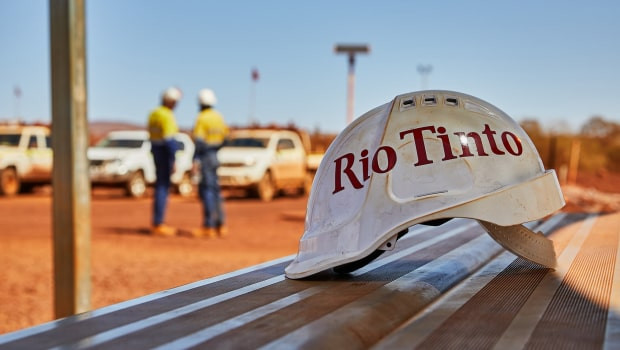Weaker commodity prices hit profits at Rio Tinto

Rio Tinto reported a slide in half-year profits on Wednesday, after global commodity prices fell sharply.
FTSE 100
8,092.69
14:55 23/12/24
FTSE 350
4,467.33
14:55 23/12/24
FTSE All-Share
4,425.06
14:55 23/12/24
Mining
10,245.86
14:54 23/12/24
Rio Tinto
4,669.00p
14:55 23/12/24
The blue chip miner said consolidated sales revenues in the six months to 30 June were down 10% at $26.7bn, while underlying earnings before interest, tax, depreciation and amortisation fell 25% to $11.7bn.
Underlying earnings slid to $5.7bn, from $8.7bn a year previously. Consensus had been for around $5.85bn.
Iron ore shipments from Rio Tinto’s Pilbara operations in Western Australia rose 7% to 161.7m tonnes. But the miner said it had seen lower prices for all commodities, "in line with slowing global demand".
Average realised prices for Pilbara iron ore fell to $98.6 per wet metric tonne, from $110.9 a year previously. Iron ore, crucial to steel making, accounts for around 70% of Rio Tinto’s profits.
In total, movements in commodity prices resulted in a $3.3bn decline in underling EBITDA.
Jakob Stausholm, chief executive, said: "We have a clear pathway to building an even stronger Rio Tinto and continue to gain momentum in our strategy to set the business up for long-term success.
"We are making good progress on pursuing our four objectives as we build further momentum in our Pilbara iron ore business, mindful that we need to raise our game across many of our other operations.
"Our robust financials, despite softer market conditions, are driven by the quality of our assets and our great people."
Rio Tinto expects to produce between 320m and 335m tonnes of iron ore in the 2023 full-year.